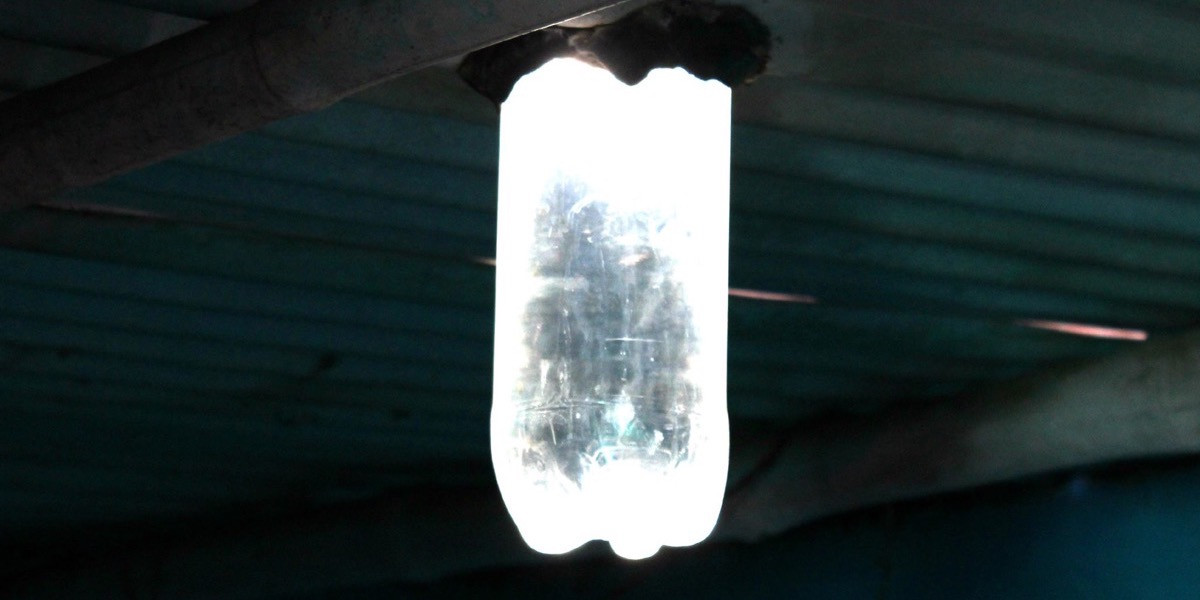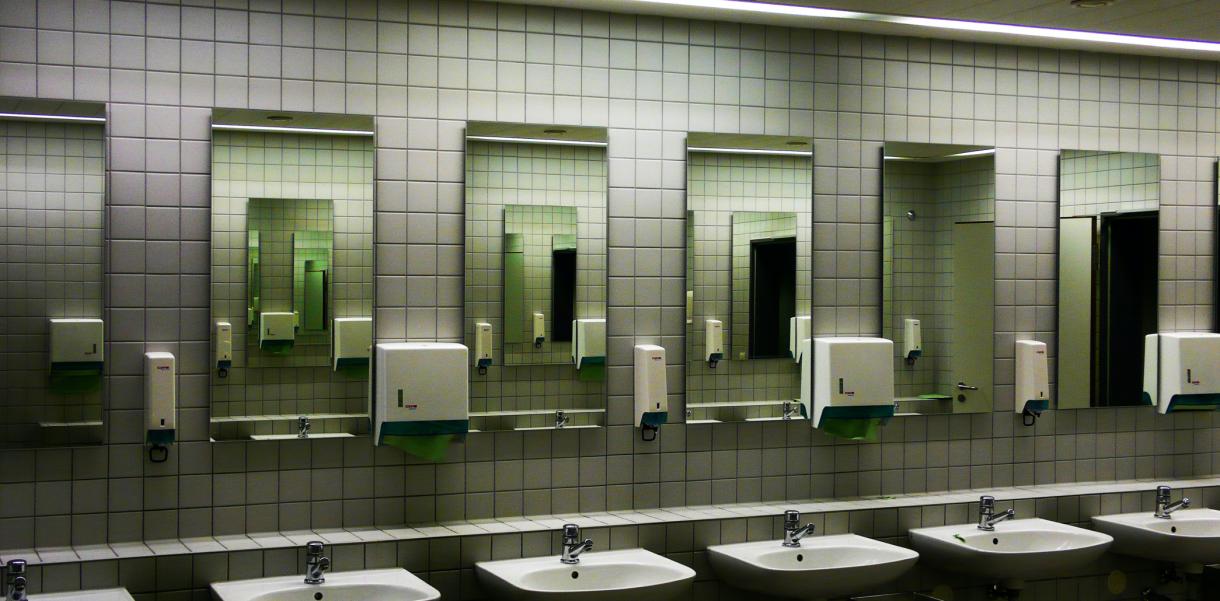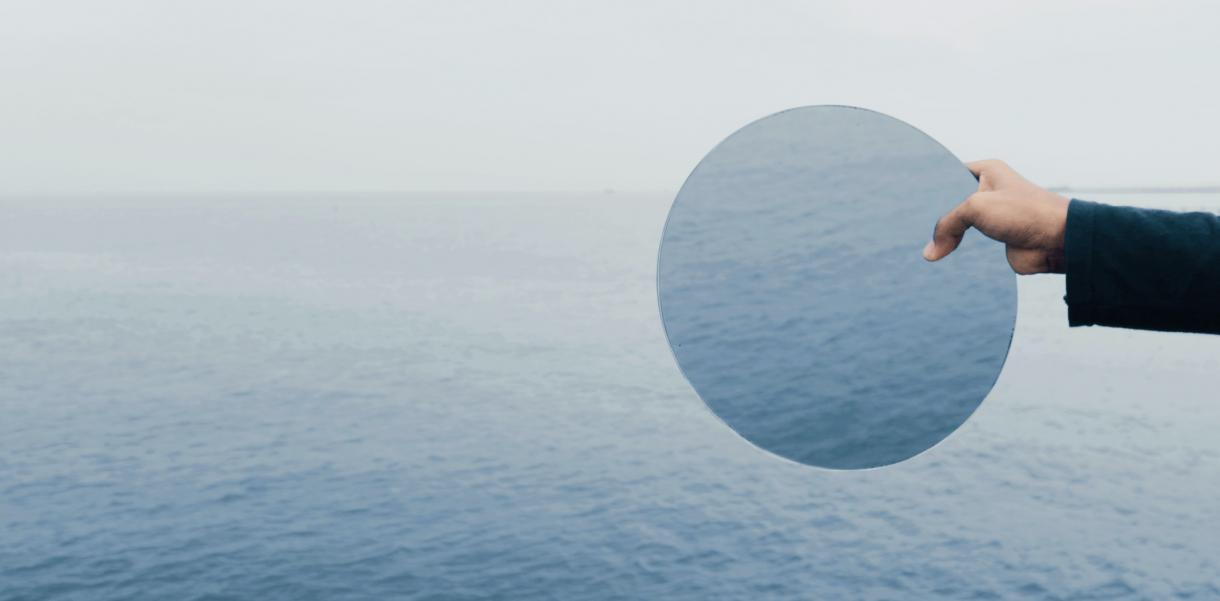I started as a sculptor. I was drawn to the mission of using art to expand people's awareness of things, ideas, and issues that they might not have noticed. That mission evolved into documentary filmmaking, a way to focus on problems – and solutions – needing attention. To be a documentary filmmaker one has to be a persistent questioner and a resolute optimist.
Several years ago I learned of work being done in the field of social impact design (AKA, human-centred design or public interest design). I was struck by the remarkable innovators who were using observation, empathy, creativity, collaboration, and perseverance to come up with inspiring solutions to long-ignored problems around the world. The projects these folks devised were often clever, cost-effective, sustainable, and stunningly effective. They significantly improved lives. Often, they embodied the definition of a genius, as the first to state the obvious.
Whenever I would describe their efforts the response would be, “That's amazing! Why don't I know about this?” That response propelled me to develop a documentary series about these innovators, their mindsets, and their successes.
We live in a world facing many serious challenges and it's easy to become disheartened. The objective of this series is to nudge more of society's attention and resources toward supporting the designing of a better world and to provide role models of pragmatic idealists so that people – especially young people – can see that they can fulfil their potential by helping others.
"The astounding thing is that many of these hugely effective solutions do not take large investments of money and resources, just different priorities and commitments."
Around the world there are passionate, committed innovators on the brink of solving many of the planet's urgent problems, from the climate crisis to the distribution of food, water, and medicine to sanitation to health to how we engage with one another equitably.
I marvel at the insight of people like Alfredo Moser, who realised that water in an empty two-litre plastic bottle could if inserted into a roof, refract sunlight and become a lightbulb without electricity (Liter of Light); or Jonathan Cedar and the others who found that using a chip that converts heat to electricity could power a fan in a cookstove to greatly eliminate toxic fumes, increase fuel efficiency, and provide additional electricity to charge cellphones and serve other purposes (Biolite); or Manu Prakash, spearheading “frugal science” tools to make advances widely accessible; or Ehab Sayed and those who are using biomimicry to create healthy, sustainable materials (Biohm); or Chris Charles, who saw that the path to reducing iron-deficiency anaemia was to drop fish-shaped iron blocks into soup kettles (Lucky Iron Fish). I could – and likely will – go on and on.
The results of their efforts will have profound positive effects on the lives of billions of people. We desperately need better ways to generate and store energy, fight disease, reduce violence, and provide opportunities for decent, productive, and happy lives for all. We –especially those of us fortunate to have health, comfort, and security– need to focus on those who do not, and take immediate steps to address the major crises that threaten us all.
"The hardest part about filmmaking isn't the filmmaking; it's getting to the point where you can do the filmmaking."
The astounding thing is that many of these hugely effective solutions do not take large investments of money and resources, just different priorities and commitments. My filmmaking partner, Rennik Soholt, and I are grateful to The Index Project for collaborating with us to identify and contact innovators and projects to highlight. We are working with UNICEF to address the United Nations' Sustainable Development Goals. With designers inventing products, structures, systems, and ways of interacting, this project requires a series, rather than a single film. We believe that to be successful, it must be engaging, comprehensive, inspiring, and entertaining.
So, you may be saying, “That's a great idea! When can I see it?” The hardest part about filmmaking isn't the filmmaking; it's getting to the point where you can do the filmmaking. So many passionate and insightful people have been unable to make films that would benefit humankind because they have been stymied by the obstacles of obtaining resources and distribution. For this project to fulfil its mission it will need to be seen widely around the world.
An effort of this scope requires us to collaborate with major production partners for filming globally and with an international streaming service for funding and wide-scale presentation. (And, along the way, foundation, corporate, and individual funding would help expedite production.)
I've faced challenges before, and I believe that if one has the expertise and opportunity to use one's abilities to help others, it is necessary to be perseverant, especially if you have something that needs to be said. We welcome those who would like to join us on this journey and help propel a better future.
Image: Litre of Light




